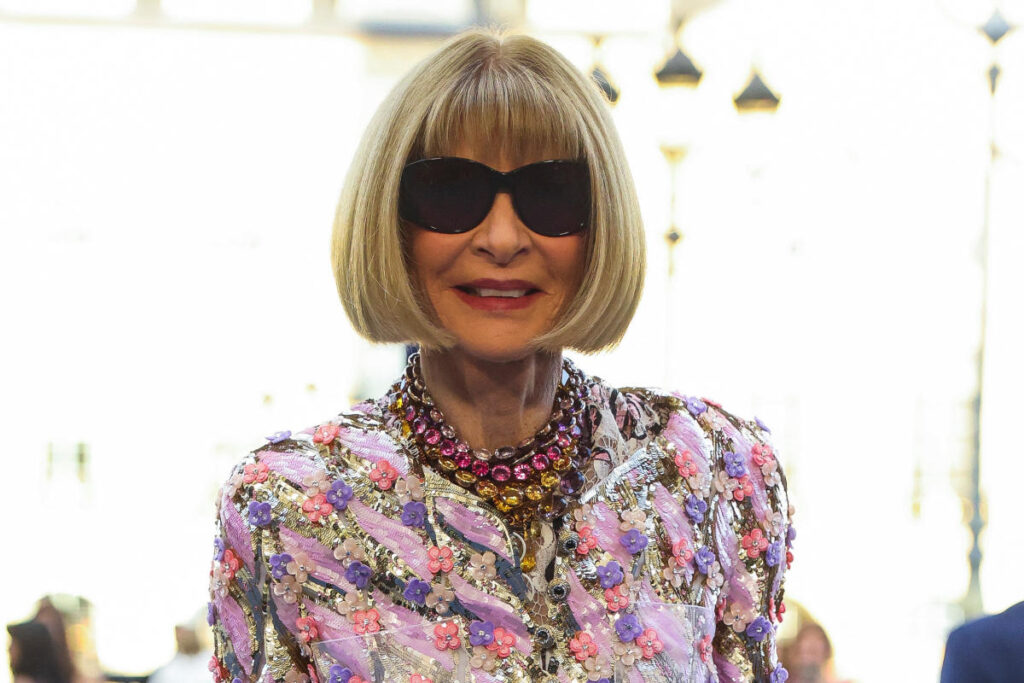According to The Information, media conglomerate Condé Nast, which owns publications such as The New Yorker, Vogue, and Wired, has sent a cease and desist letter to AI-powered search startup Perplexity. The letter, sent on Monday, demands that Perplexity stop using content from Condé Nast publications in its AI-generated answers and accuses the startup of plagiarism.
The move marks the latest in a growing list of publishers to take a stance against AI companies using their content without permission, and comes a month after Forbes took a similar action. Perplexity and Condé Nast did not immediately respond to Engadget’s request for comment.
Perplexity, a San Francisco-based startup backed by big-name investors such as the Jeff Bezos Family Fund and NVIDIA and valued at $3 billion, has recently come under scrutiny for not respecting copyright and stealing content for its AI-generated answers.
A recent investigation by Wired revealed that the startup’s web crawlers don’t respect robots.txt, a type of file that website owners can use to block bots from scraping their content. Last month, Amazon Web Services reportedly launched an investigation to determine whether the startup violated rules on web scraping. Shortly after, a Reuters report revealed that Perplexity is just one of many AI companies that ignore robots.txt.
The practice has raised concerns about the ethical and legal implications of AI development and its impact on content creators and publishers. In response, Perplexity executives have said they are in talks to launch a revenue-sharing program with publishers, though it is not yet clear what the terms would be.
Condé Nast CEO Roger Lynch warned that “many” media companies could face financial ruin by the time litigation against generative AI companies is over. Lynch called on Congress to take “immediate action” by forcing AI companies to compensate publishers for the use of their content and enter into licensing agreements in the future. Earlier this month, three senators introduced the COPIED Act, a bill aimed at protecting journalists, artists and songwriters from AI companies using their content to train AI models.

